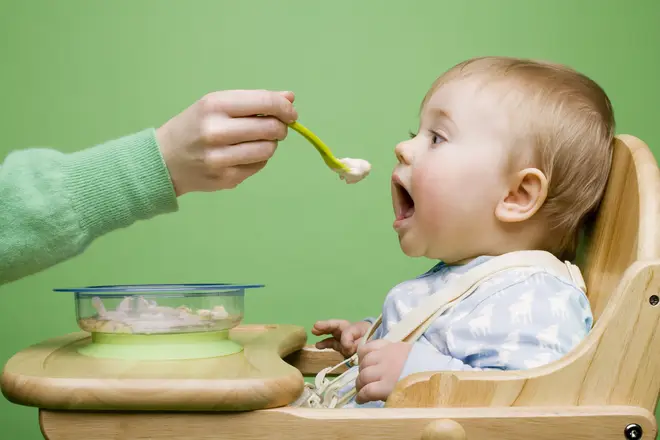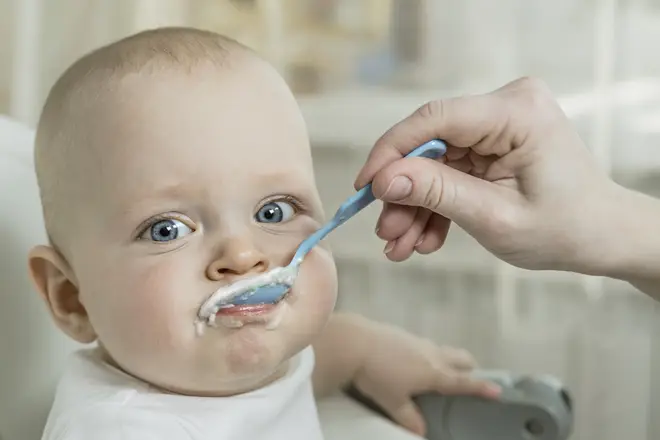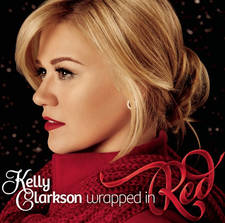'Dangerous' levels of arsenic found in seven baby rice brands
22 October 2018, 11:42 | Updated: 22 October 2018, 12:12

Seven baby rice brands have been found to contain dangerous levels of arsenic, putting infants at serious risk.
'Dangerous' amounts of arsenic have been found in seven baby rice products sold in UK supermarkets.
Calls for clearer information on packaging come from experts as they reveal that even the smallest quantity of arsenic could severely affect a youngster in terms of growth, IQ and immune development.
Baby rice is ground to a fine consistency with added vitamins, and is used by parents to help wean babies off of breast milk and onto solids.
The latest episode of Channel 4's Food Unrwapped made the shock arsenic discovery after testing twenty-six baby rice food products and discovering that seven popular brands break EU safety rules.
However, worryingly for parents and consumers, the programme failed to identify the'dangerous' brands.
Read more: Tom Fletcher confuses son Max with plastic baby in hilariously honest photo
Food research expert Professor Andy Meharg told The Daily Mail: "I would not feed young children rice at all.
"As a parent I would want to take problematic things out. I would not want to take a risk with it."
Low levels of arsenic is found in many foods, but it is becoming increasingly prominent in rice due to flooding fields absorbing more of the chemical.

A Food Standards Agency spokesman said: "Arsenic is naturally occurring in the environment and it is not possible to totally eliminate it from the diet.
"But because it has the potential to increase the risk of illnesses, including cancer, it is important to reduce exposure to as low as reasonably achievable.
"Maximum legal levels are in place for arsenic in rice, with stricter levels for rice used in the production of foods for infants and young children.
"It is the responsibility of food manufacturers to ensure they use ingredients in compliance with the legislation. Where non-compliance is found, enforcement officers will investigate and take action as needed."
The Channel 4 programme did not specify which brands are those that are breaking EU regulations.






















